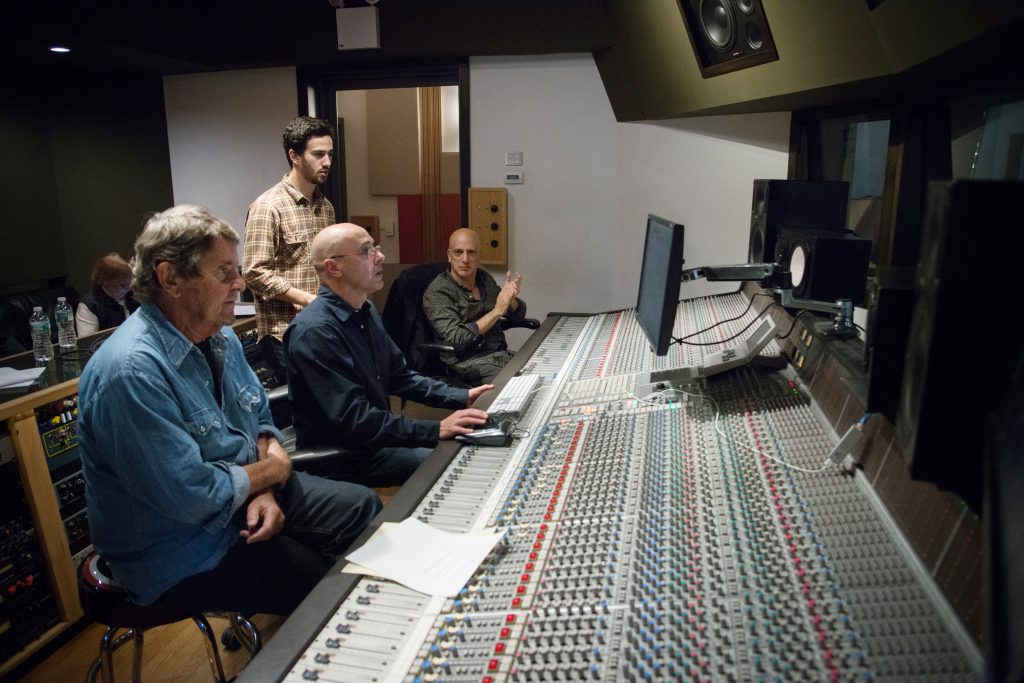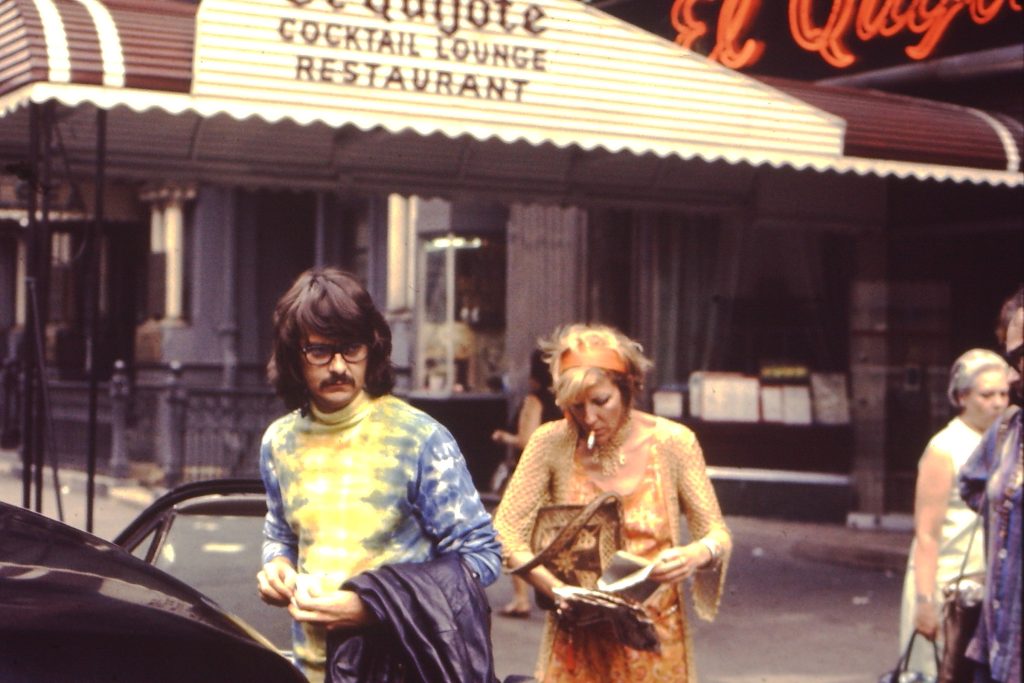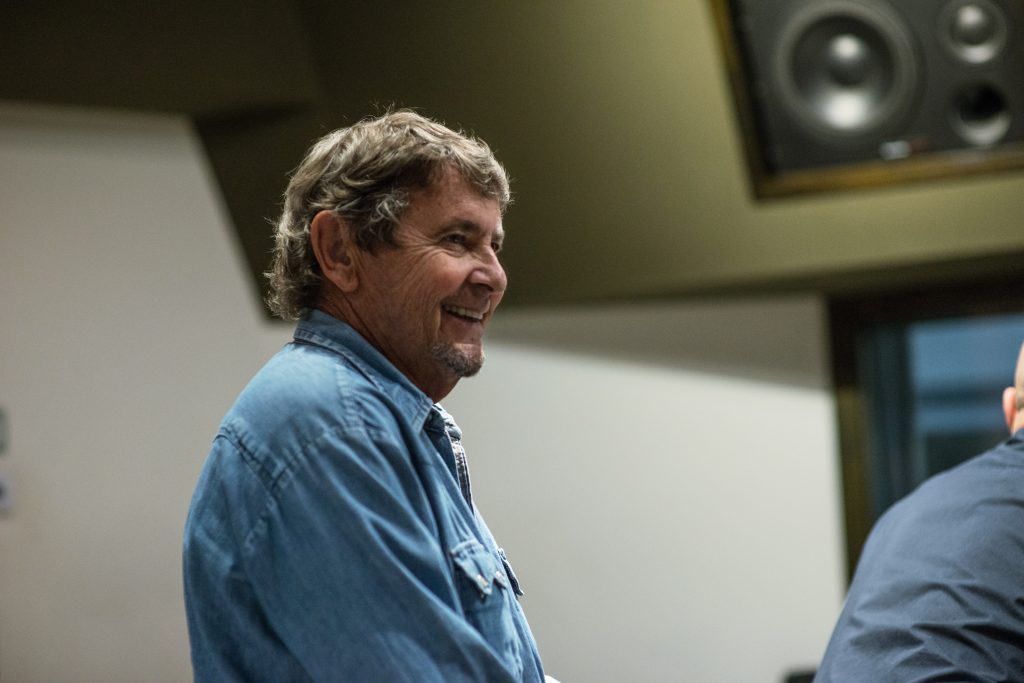After examining the pitch deck, I am honored to consult on the development of the documentary film Bob Neuwirth: The Anonymous Hipster. The film asks us to use Neuwirth’s life and work as a vehicle for exploring larger themes of artistic creativity and community during the post-World War II era into the twenty-first century.
12 December 2023
From Michael J. Kramer
Re: documentary film “Bob Neuwirth: The Anonymous Hipster”
Neuwirth’s significance extends much farther and deeper than his friendship with Bob Dylan, which is what most people superficially know about him. Neuwirth in fact brings us to the fertile soil of bohemia and the folk music revival in the late 1950s and early 1960s; to the explosion of rock music and the collisions of the counterculture with popular culture in the mid-1960s into the 1970s; to the visual arts world of painting; to the dynamics of anonymity, privateness, semi-public life, and publicness; and to the maintenance of sanity, sobriety, and wisdom in the face of woes and suffering.
He reminds us that beyond the glitz and buzz of stardom and scene-making are more important concerns to examine and explore, such as trying to “have something to say,” as he identified in one interview as a crucial goal that he and his peers pursued as they came of age in the decades after World War II. Bob Neuwirth reminds us that the effort to find fresh and innovative art and expression was the deeper definition of hip beyond more glib ideas about the term.
Through my own expertise as a cultural and intellectual historian of the modern United States and the world who has written about rock music, the counterculture, and issues of citizenship in the 1960s (The Republic of Rock: Music and Citizenship in the Sixties Counterculture, Oxford University Press, 2013) and directs an award-winning digital public history project about the Berkeley Folk Music Festival (1958-1970), I can bring perspectives on the broader time period on which the film focuses, particularly how the music, culture, and art of the period related to trends in society, politics, and commerce. Additionally, as a public historian I can contribute perspectives on how to link specialized historical knowledge to a broadly accessible and appealing documentary film.

I will be glad to help the makers of the film shape it and to help audiences make the most of its educational and cultural value once it is made. I can participate in Zoom meetings and be available for consultation when needed.
Please let me know if you have any questions for me. I am delighted to join this wonderful and promising documentary film project.
Sincerely,
Michael J. Kramer
Associate Professor, Department of History
State University of New York (SUNY) Brockport

